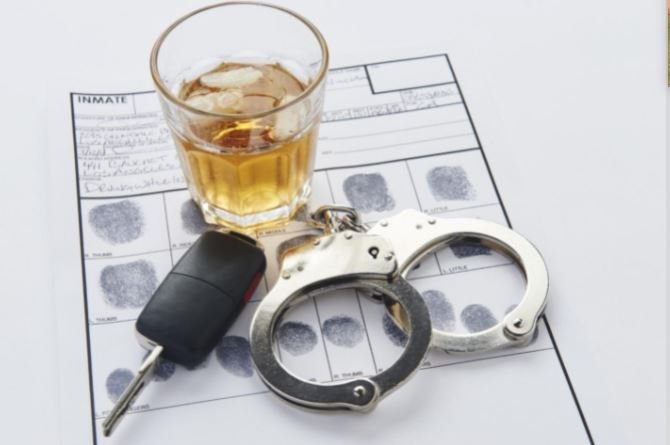 Drunk driving is far more prevalent than it should be. In fact, more than 1 million drivers get arrested each year for impaired driving. This number grows when considering the drunk drivers that go undetected.
Drunk driving is far more prevalent than it should be. In fact, more than 1 million drivers get arrested each year for impaired driving. This number grows when considering the drunk drivers that go undetected.
Assuming that you or another passenger is not seriously injured, the next biggest concern is the legal variety. Driving under the influence carries steep penalties at the state and local levels.
What to do after a DUI arrest is a question that plagues millions of people. Read on to learn your legal options after an arrest for DUI. Explore topics like is a DUI is a misdemeanor and other legal questions.
What to Do Immediately After a DUI Arrest?
Once the police determine they are going to arrest you for driving under the influence, silence is the best course of action. Do not talk to the police or offer up any details.
Upon arrest, the police officer may state your Miranda Rights. Here, they caution the arrested individual that whatever you say can be used against you in a court of law.
There is nothing that you can say to change the outcome. Once the officers decide to arrest you, it is a foregone conclusion. Only negative implications can arise from you discussing the circumstances of your case with the police.
Should I Contact a DUI Attorney?
Once you secure release from prison, it is time to prepare for your legal case. You will be summoned to court for trial and sentencing.
While a public defender is available to you, the best course of action is to search for a DUI attorney near me. A DUI lawyer has years of experience helping clients through their DUIs.
They specialize in receiving the most favorable sentencing possible. Your DUI lawyer will carefully review the circumstances of your case. He or she will pour over the evidence and ensure the police followed the proper laws in making your arrest.
Your attorney also explains whether your charges are a misdemeanor or DUI. A misdemeanor is a lesser charge than a felony and carries less potential for jail time. The vast majority of DUI cases are a misdemeanor offenses and your lawyer will explain this to you.
However, there are some instances in which a DUI is a felony offense. This usually means that someone was hurt at the crime scene or there were other circumstances at play. For example, multiple DUIs convictions or driving on a suspended license may upgrade the charge.
Consideration is also made for the driver’s Blood Alcohol Content (BAC). If the BAC is excessively high, some states allow for a higher charge than a misdemeanor.
Have You Been Arrested for Driving Under the Influence?
A DUI offense is a serious matter and requires professional assistance. If charged with a DUI, safely get home from the municipal prison and contact an attorney immediately.
You need to take action as your license may be suspended quickly. An attorney helps to minimize your sentencing and may help you prove your innocence.
If you enjoyed this article about what to do after driving under the influence, check out our blog for more great content.




